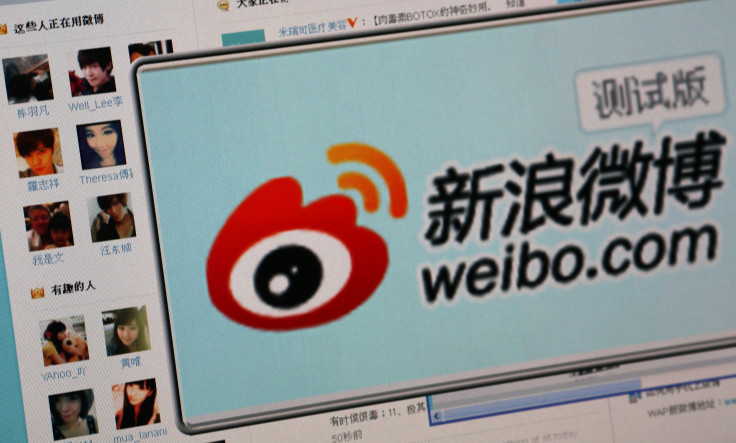China's Government Employs 2 Million 'Public Opinion Analysts'

While Internet snooping in the U.S. may be a newly revealed phenomenon, China has long known that the government monitors the online behavior of the nation’s millions of Internet users. According to a report by the Beijing News, China is currently employing roughly two million people to monitor public opinion on social media.
These Chinese government employees, who work at a variety of levels and sectors, are paid to look through personal blogs, social media posts and discussion boards, and discern the public’s concerns. These “Internet opinion analysts” use the information not only to keep a watchful eye on regular citizens but also as a form of checks and balances on government figures. According to the South China Morning Post, Internet monitors also use their research on social media to verify accusations and claims of corruption on a local level. They also are responsible for making these reports known to local-level government members on a daily basis, either through texting or written reports.
The identities of these government workers are often concealed; protecting their anonymity is crucial in order to receive unfiltered information on the web. The Beijing News, however, was able to meet some Internet-watchers at a conference held by the Communist Party newspaper, the People’s Daily’s Online Public Opinion Monitoring Center.
The think-tank-like center was established in 2008 as a way for China’s government to help manage the country's ever-growing Internet conversation, which has become increasingly difficult to wrangle. In the event of high-profile crimes, accidents, or natural disasters, reports by analysts are used by government officials to help release public statements that aim to placate online anger.
The daily life of an analyst relies a lot on search-engine optimized research. The Beijing News spoke to a man named Yuan Ming, whose name was changed for the article, and reported that his job was to search his district’s name on both Google and China’s international search engine Baidu, and run it through special software that alerts offices when certain phrases involving their district become trending topics on the web.
This newly-revealed tactic is a step up from the nation’s propaganda department’s older strategies. The Communist Party has also previously employed professional contractors who are paid to write positive posts, or begin positive conversation to counteract negative information on the web. These people, called ‘wumao,’ often also resort to smearing the reputations of those who are critical of the government, or digitally harassing them.
© Copyright IBTimes 2024. All rights reserved.






















